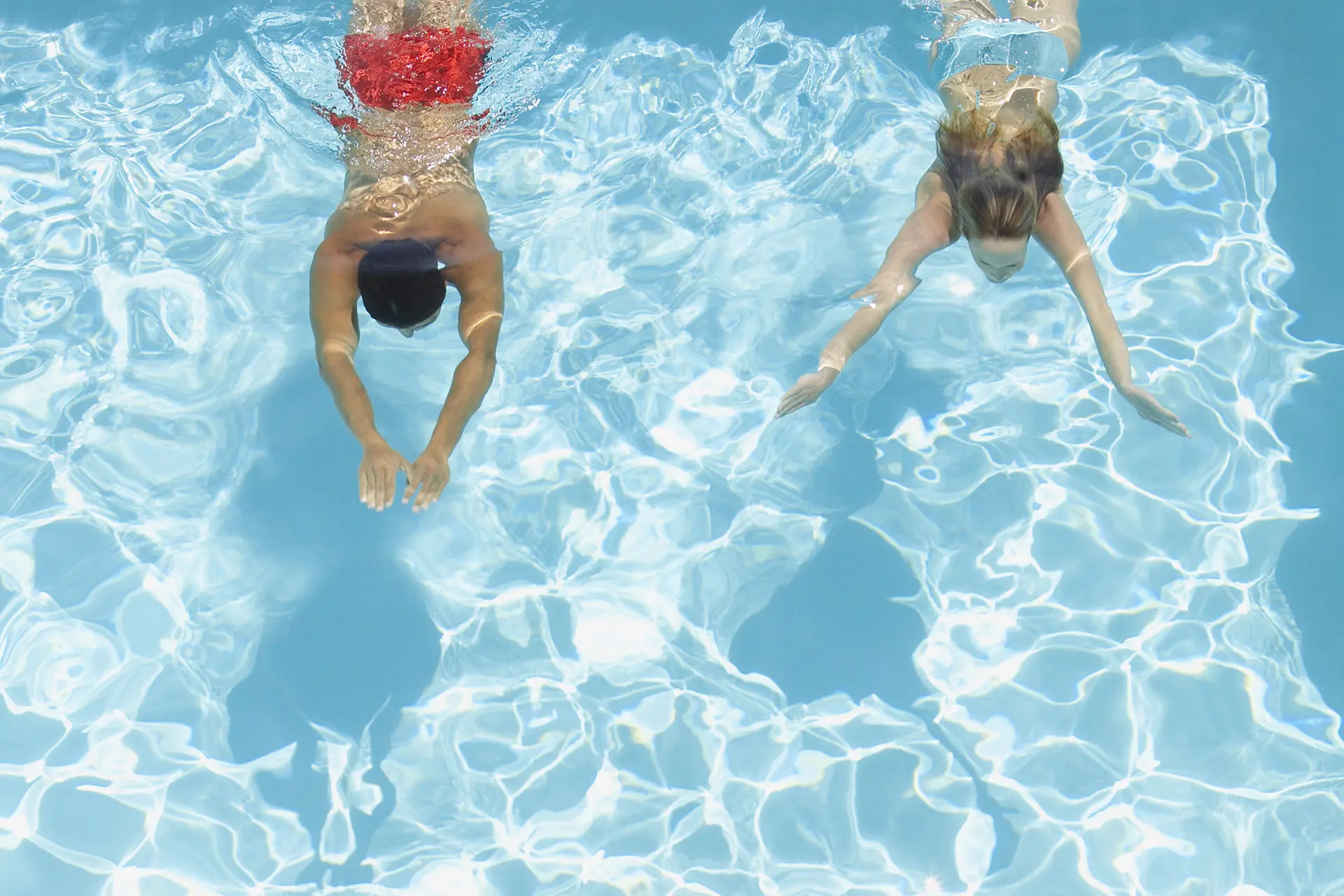
What’s The Best Time to Swim?
Introduction
Have you ever wondered why some swims feel invigorating while others leave you feeling drained? Many assume that any time of day is perfect for swimming, but factors like sun exposure, energy levels, and water temperature can significantly impact the experience.
Choosing the best time to swim is like selecting the perfect seasoning for a meal—it enhances the enjoyment and effectiveness of your swim. Whether you’re looking for an energizing workout, a relaxing escape, or a safe way to enjoy the water, timing plays a crucial role.
In this guide, we’ll explore the best time to swim based on different goals, personal preferences, and health benefits. By the end, you’ll have a clear understanding of when to dive in for the most rewarding swim.
Factors to Consider When Choosing the Best Time to Swim
Several factors influence the ideal time for swimming, from environmental conditions to personal energy levels. Here’s what to keep in mind:
Weather Conditions
- Morning: Cooler air and water temperatures make for a refreshing start. Sun exposure is lower, reducing the risk of sunburn.
- Midday: The sun is at its peak, warming the water but increasing the risk of overheating and UV exposure.
- Evening: Temperatures are more comfortable, but reduced visibility can be a concern for outdoor swimmers.
Personal Schedule & Energy Levels
- Everyone’s energy levels fluctuate throughout the day. Some people feel most alert in the morning, while others experience peak performance in the afternoon or evening.
- Work, school, and family commitments also play a role in determining the most convenient time for swimming.
Swimming Goals
Your ideal swim time depends on what you want to achieve:
- Fitness & Endurance: Early morning or midday swims are great for an energized workout.
- Relaxation & Stress Relief: Evening or night swims create a calming environment.
- Sun Safety: Swimming in the morning or after sunset minimizes UV exposure.
Morning Swimming: Benefits and Drawbacks
Benefits of Morning Swimming
- Peaceful Ambiance: The water is often calmer, and pools or lakes are less crowded.
- Lower Sunburn Risk: The sun’s rays are weaker before 10 AM, making it a safer time for skin health.
- Energizing Start: A morning swim jumpstarts metabolism and enhances mental clarity for the day.
Drawbacks of Morning Swimming
- Cooler Water Temperatures: Outdoor pools and natural bodies of water may be chilly, which can be uncomfortable.
- Reduced Visibility: If swimming outdoors, fog or low light conditions may affect safety.
- Morning Grogginess: Some people struggle with energy levels early in the day, making it harder to get motivated.
Midday Swimming: Pros and Cons
Benefits of Midday Swimming
- Warmer Water: Sun exposure heats pools and lakes, making the water more comfortable.
- Efficient Use of Lunch Breaks: A quick swim can be a great midday energy boost.
Drawbacks of Midday Swimming
- Increased Risk of Sunburn: UV rays are strongest between 10 AM and 4 PM, requiring extra sun protection.
- Overheating & Dehydration: Hotter temperatures may lead to fatigue if proper hydration isn’t maintained.
Evening Swimming: A Relaxing Option
Benefits of Evening Swimming
- Unwinding After Work: Swimming in the evening helps reduce stress and tension after a long day.
- Less Crowded Pools: Many swimmers complete their workouts earlier, leaving public pools quieter in the evening.
Drawbacks of Evening Swimming
- Reduced Visibility: Outdoor swimming can be riskier as daylight fades.
- Potential Sleep Disruption: Some people feel too energized after evening exercise, which might interfere with sleep.
The Appeal of Night Swimming
For those looking for a unique and tranquil experience, night swimming offers several advantages:
- Romantic Atmosphere: The quiet surroundings and moonlit water create a peaceful, almost magical setting.
- UV-Free Environment: No risk of sunburn or excessive sun exposure.
- Muscle Relaxation: Warmer nighttime air can enhance post-swim recovery, making it ideal for unwinding.
Night Swimming Safety Tips
If you prefer swimming after dark, follow these precautions:
- Ensure Proper Lighting: Use pool lights or waterproof LED lights for visibility.
- Swim with a Companion: Having a partner increases safety in case of an emergency.
- Be Aware of Water Temperature: Night air may cool the water significantly, so be prepared for lower temperatures.
Choosing the Best Time to Swim for You
Ultimately, the best time to swim depends on your personal goals and schedule:
- For Fitness & Energy Boost: Morning swims offer an invigorating way to start the day.
- For Relaxation & Stress Relief: Evening or night swims provide a calming escape.
- For Sun Safety & Warm Water: Late afternoon swimming balances warmth with reduced UV exposure.
Experiment and Adapt
- Consider your daily routine and find a time that fits seamlessly.
- Try swimming at different times and observe how your body responds.
- Listen to your energy levels and preferences to determine your ideal swim time.
Conclusion
The best time to swim is ultimately a personal choice influenced by factors like weather, energy levels, and swimming goals. Whether you’re looking to boost your fitness, unwind after a long day, or enjoy a safe and comfortable swim, timing matters.
If you’re thinking about enhancing your swimming experience at home, check out our high-quality range of fiberglass pools. Have questions? Contact us to learn how we can help you create the perfect backyard oasis!
